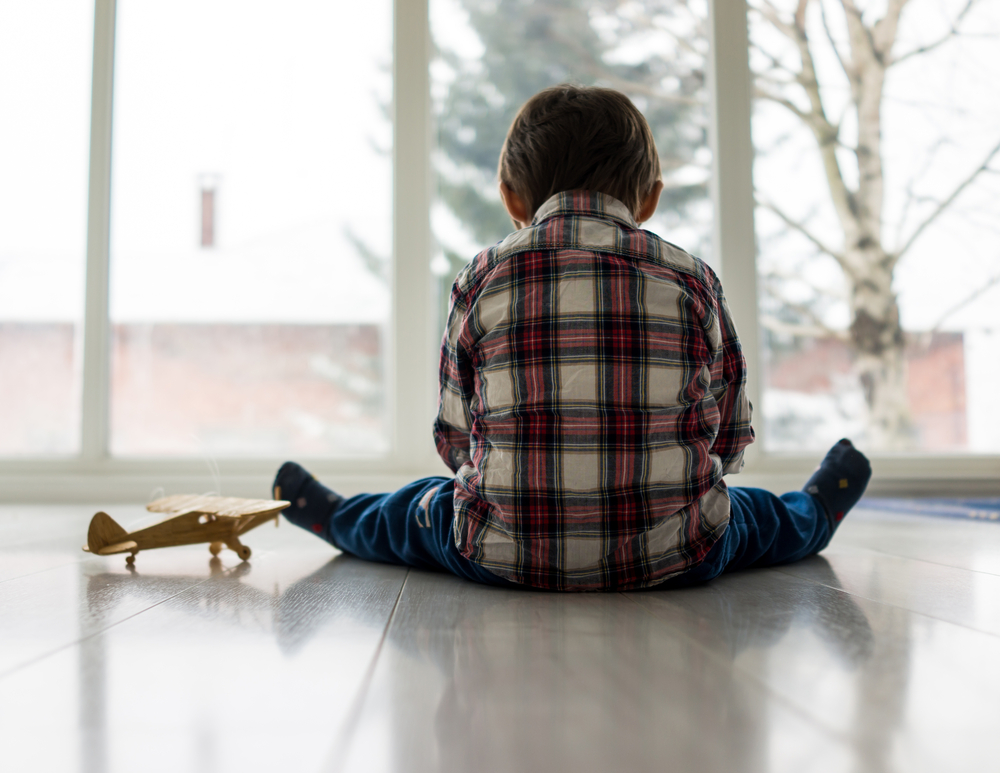Let’s talk about those moments that stay etched in your memory when you’ve grown up in a home split by divorce. They’re not always the big, dramatic scenes—sometimes it’s the small changes and subtle shifts that leave the deepest impact. If you’re an adult who watched your parents’ marriage dissolve during childhood, these memories might feel eerily familiar.
1. The Last “Normal” Family Dinner

You might not have known it at the time, but somewhere in your memory bank, there’s that final meal where everyone was at the table together. You can recall small details with crystal clarity—the way Dad still asked about your math test and how Mom passed the salt without making eye contact. Now, as an adult, you can’t help but replay that scene, wondering if there were signs you missed, signals that everything was about to change.
2. The Sound of Muffled Arguments

You remember lying in bed, pillow pulled tight around your ears, becoming an expert at decoding the rhythm of raised voices through walls. The creak of floorboards as someone stormed off, the slam of the car door in the middle of the night, the way the house felt different the next morning at breakfast. Even now, heated discussions in any context might send you right back to those nights, making you the first to notice when a conversation starts to turn south.
3. The First Split Holiday Season

Nothing quite prepares you for that first round of celebrations split between two households. You remember the strange feeling of two Christmas trees, two Thanksgiving dinners, two sets of everything that used to be one. The way you had to remember which gifts came from which house, and the guilt of enjoying one celebration more than the other. Even now, holiday planning might send you into a less-than-ideal emotional state.
4. The Introduction of “Mom’s New Friend” or “Dad’s Special Someone”

That uncomfortable moment when a parent tries to casually introduce someone new into your life is seared into your memory. Whether you were hostile or politely distant, you remember the complex emotions: loyalty to your other parent, confusion about your role in all of this, and the pressure to accept this new normal. Maybe they tried too hard to buy your affection, or they could’ve even kept their distance—either way, it changed the family dynamic in ways you’re probably still processing.
5. Becoming the Messenger

“Tell your mother…” or “Ask your father…” became phrases that made your stomach twist. The way you learned to edit messages on both sides, becoming a tiny diplomat before you could drive. As an adult, you might find yourself instinctively mediating conflicts, a skill you learned way too young. You probably still catch yourself filtering information, and carefully choosing words to avoid potential conflicts.
6. The Birthday Party Awkwardness

Those childhood birthdays where you became acutely aware of who sits where, who comes when, and how to avoid hurt feelings. The elaborate planning to ensure both parents got “equal time,” the strategic seating arrangements, and the confused looks from the other kids. You remember the relief when one parent couldn’t make it, only because it meant less tension in the room. Now, you might automatically scan rooms for potential conflict and it takes away from the fun.
7. The Bedroom That Wasn’t Yours

That spare room or converted office at your non-primary parent’s new place—you can still picture every detail. It never quite felt like your space, even with posters on the walls and your clothes in the dresser. There was a different smell, unfamiliar creaks, and you never quite knew where things were kept in the kitchen. It’s why, perhaps, you’re now particular about making your home feel definitively yours, ensuring every space reflects you completely.
8. The Different Sets of Rules

One parent let you stay up until 10, the other insisted on 8:30. Different chores, different diets, different everything. No wonder you developed that chameleon-like ability to read rooms and adapt to different social environments. It’s a skill that serves you well in adulthood, even if its origins are bittersweet. You might find yourself automatically adjusting your behavior based on who you’re around, a survival skill turned social superpower.
10. The Missing School Events

Those moments when you scanned the audience at school plays or sports games, trying to figure out which parent would show up—or if they’d both come and sit awkwardly apart. The way you learned to prepare two copies of everything: school programs, report cards, and art projects. You might still have a habit of making duplicates of important documents, just in case.
11. The Weekend Transition Ritual

That Friday afternoon routine of packing your bag, and the mix of excitement and anxiety as you waited for your pickup. You got used to living out of a duffel bag, always feeling slightly unprepared no matter how carefully you packed. Today, you’re probably an expert packer, or you could even have a deep aversion to living out of suitcases.
12. The Overheard Phone Calls

Remember those moments when you caught snippets of conversations not meant for your ears? Whether it was your parents talking to friends or family or the way adults would suddenly stop talking when you entered the room, you were always left trying to piece together your family’s story through fragments and whispers. Now, you might find yourself particularly sensitive to being left out of conversations or incredibly conscious about having private discussions.
13. The Relationship With Money

Whether it was child support payments, arguments about who would pay for what, or the stark differences between two households’ financial situations, this hung over your head. You might have developed a particular relationship with money as a result—either being extremely careful with finances or developing anxiety around financial discussions.








